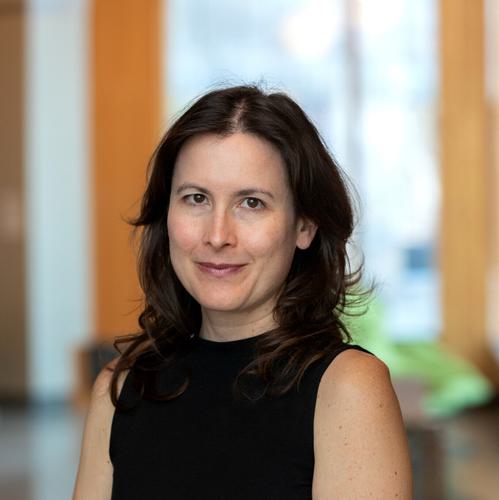
Julie Walsh
Associate Professor of Philosophy
Researches and teaches topics in early modern philosophy, with a focus on theories of human freedom and philosophical method, and in the ethics of digital technology.
The primary focus of my research is on the metaphysics and ethics of human freedom in the early modern period. I have especially spent time thinking about the theories of freedom in the systems of the French Oratorian Nicolas Malebranche and the British philosopher John Locke.
More recently, I have shifted my attention to studying the way that marginalized thinkers of the era, women and philosophers of color, were thinking about freedom. You can read a short piece about one such figure in my essay "Gabrielle Suchon, Philosopher Queen of the Amazons" in the National Endowment of the Humanities Magazine. I am also interested in looking at the various ways that the witch hunts of early modern Europe and the colonial United States were written about by philosophers at that time. You can listen to an interview I did on WBUR, as part of the "Brilliant Boston" series, on the Salem witch hunts here, and you can read a short interview I did with GBH news on the topic here.
The other branch of my teaching and research engages with ethical questions surrounding the development, deployment, and use of digital technologies. In this project, I partner with my colleague Professor Eni Mustafaraj in Computer Science. With the support of a National Science Foundation grant, we are studying the ways that liberal arts institutions like Wellesley prepare their graduates for the ethical dimension of careers in the digital technology sector. You can read more about our project here. In February 2023, I participated in a panel discussion about one very popular new piece of digital technology, Chatgpt. You can watch the panel here (Wellesley login required).
I teach classes in early modern philosophy and ethics, including "Introduction to Moral Philosophy," "Introduction to Modern Philosophy," and "Philosophy and Witchcraft." I teach seminars on "Free Will," "Ethics and Digital Technology," and "Human Nature."
As of July 1, 2023, I and Professor Irene Mata will be Directors of the Suzy Newhouse Center for the Humanities
When not thinking about philosophy, I am likely reading science fiction, doing the NYT crossword, performing vegan chemistry experiments in my kitchen, or spending time with my rescue dog Lola.
Education
- B.A., University of Toronto
- M.A., University of Western Ontario
- Ph.D., University of Western Ontario
Current and upcoming courses
History of Modern Philosophy
PHIL221
A study of central themes in seventeenth and eighteenth-century philosophy. We will engage with questions of metaphysics, epistemology, and morals. Authors include Amo, Astell, Cavendish, Conway, Descartes, Princess Elisabeth, Heywat, Hume, Locke, Kant, and Wang Yangming. Among the topics: the nature of substance, the relationship between mind and body, the limits of reason, determinism and freedom, and the good life.